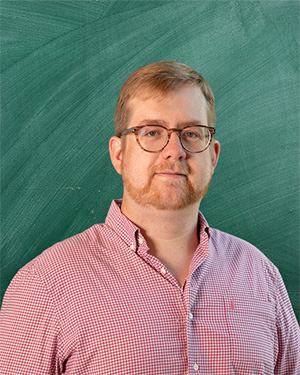
This website is currently under construction.

This website is currently under construction.

Hans Riess is a faculty research scientist in the School of Electrical and Computer Engineering at the Georgia Institute of Technology. Hans' research leverages category theory and algebraic topology to drive innovations in multi-agent systems, optimization, and artificial intelligence. At Georgia Tech, he was recently awarded a DARPA ARC grant for his research project "Sheaf Enriched Autonomous Multi-Agent Networks." He is a member of the Decision and Control Lab (DCL) and the Control, Optimization, and Robotics Engineering (CORE) Lab. Hans earned his B.S. in Mathematics from Duke University in 2016 and his Ph.D. in Electrical and Systems Engineering from the University of Pennsylvania in 2022, where he specialized in applied sheaf theory under the guidance of Professor Robert Ghrist. Before joining the research faculty at Georgia Tech, he was a Postdoctoral Associate at Duke University where he worked on data-driven methods in the Autonomous Systems Lab.
Hans Riess is a faculty research scientist in the School of Electrical and Computer Engineering at the Georgia Institute of Technology. Hans' research leverages category theory and algebraic topology to drive innovations in multi-agent systems, optimization, and artificial intelligence. At Georgia Tech, he was recently awarded a DARPA ARC grant for his research project "Sheaf Enriched Autonomous Multi-Agent Networks." He is a member of the Decision and Control Lab (DCL) and the Control, Optimization, and Robotics Engineering (CORE) Lab. Hans earned his B.S. in Mathematics from Duke University in 2016 and his Ph.D. in Electrical and Systems Engineering from the University of Pennsylvania in 2022, where he specialized in applied sheaf theory under the guidance of Professor Robert Ghrist. Before joining the research faculty at Georgia Tech, he was a Postdoctoral Associate at Duke University where he worked on data-driven methods in the Autonomous Systems Lab.

" The purpose of sheaf theory is quite general: it is to obtain global information from local information, or else to define “obstructions” which characterize the fact that a local property does not hold globally any more. "
" Technological innovation can be a form of participation in the divine act of creation. It carries an ethical and spiritual weight, for every design choice expresses a vision of humanity. "
" What is lacking is not the technical virtuosity of mathematicians, but the audacity (or simply innocence) to free oneself from a familiar context accepted by a flawless consensus. "
Office 440A
Tech Square Research Building
85 5th St NW
Atlanta, Georgia 30332
United States of America
+1 (812) 340-4425
riess@gatech.edu